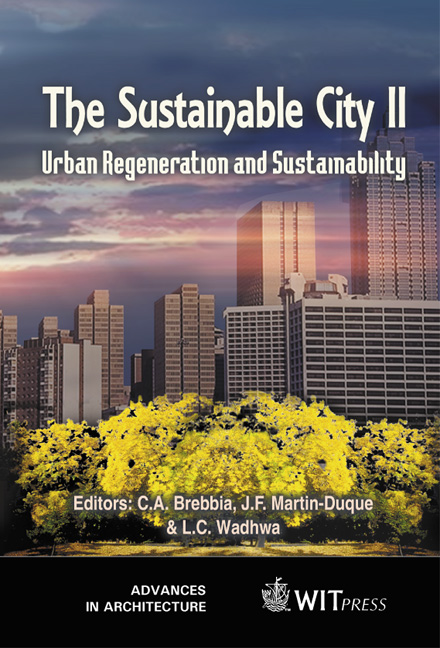The Third World Cities’ Need For Information
Price
Free (open access)
Transaction
Volume
54
Pages
Published
2002
Size
521 kb
Paper DOI
10.2495/URS020651
Copyright
WIT Press
Author(s)
F Nourian
Abstract
Most municipalities in the Third World are unable to meet the basic needs of city dwellers. Other than being exotic, these cities are also known for excess poverty, poor access to facilities and substandard housing. In such realms, discussion on access to information by the city’s poor is considered as luxury and attracts little attention. This paper reports the results of the study carried on 200 households in four neighborhoods within the City of Tehran. Half of these residents were provided with information on land and housing prices and property rights as well as on location and availability of amenities and services. The results of this study, show that those city dwellers who have greater access to reliable and updated information on land use and housing, also find valuable opportunity to improve their lot in terms of finding affordable and better shelter. 1 Introduction Could a city like Tehran become a livable place by using the information technology as an agent? This question may be relevant to all the Third World cities where the problem is not only the rapid growth, but, as expressed by Evans [l], the ways such growth could be linked to greater livability. Unlike in the developed countries where cities could be expected to have a greater chance to provide a better environment for their residents as time goes by; in the Third World, environmental problems and degradation tend to accumulate. In Tehran, the picture is also extremely alarming, especially for the poor: access to jobs and services is deficient, land is scarce, housing demand is high, and affordability is a dream for most city dwellers. The Municipality of Tehran, despite some achievements in improving the City as a whole during the last decade, especially in terms of infrastructure and green space, has neither the financial means nor the political support to meet the needs and demands of the low-income residents in traditional manners.
Keywords





